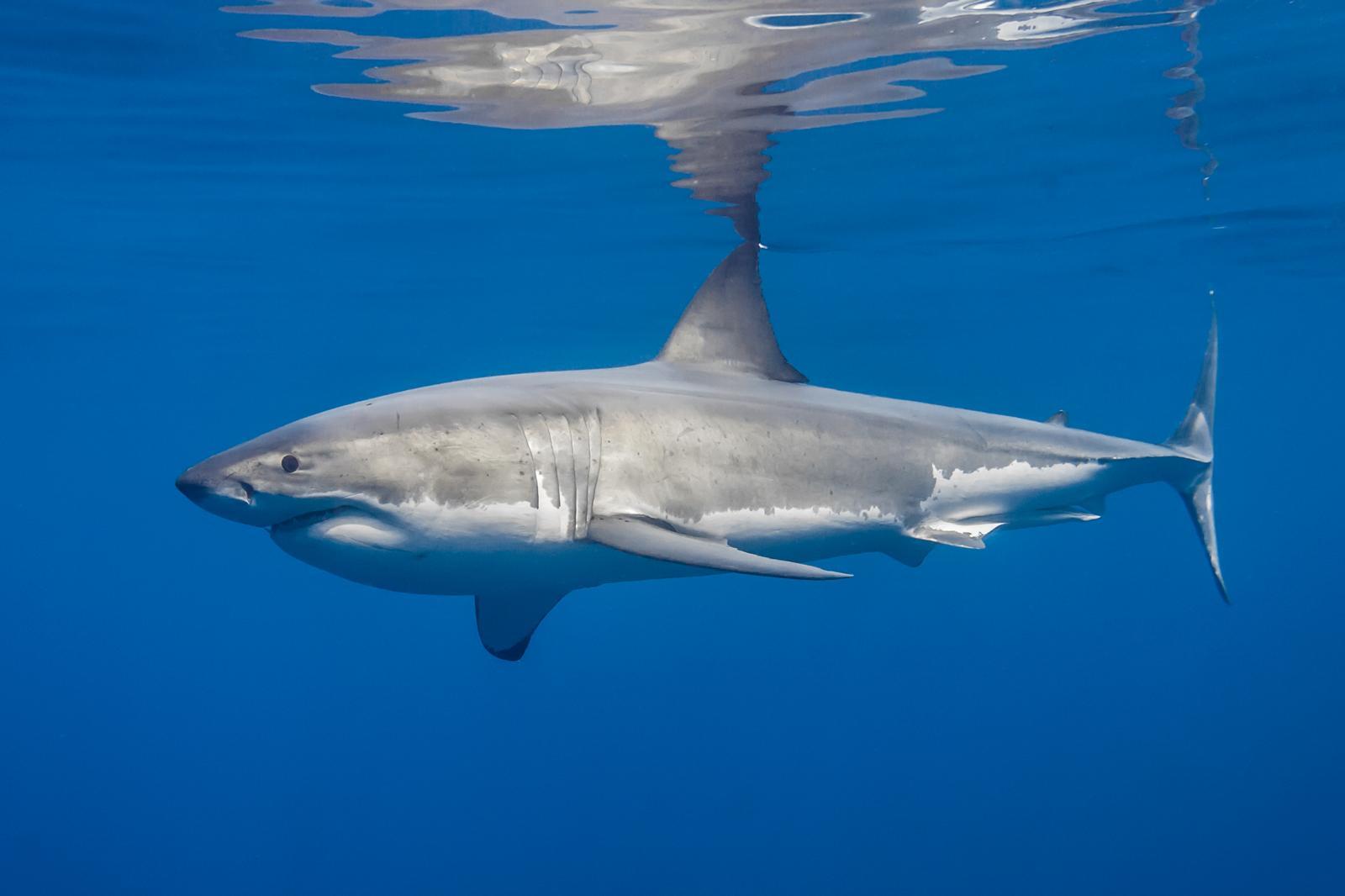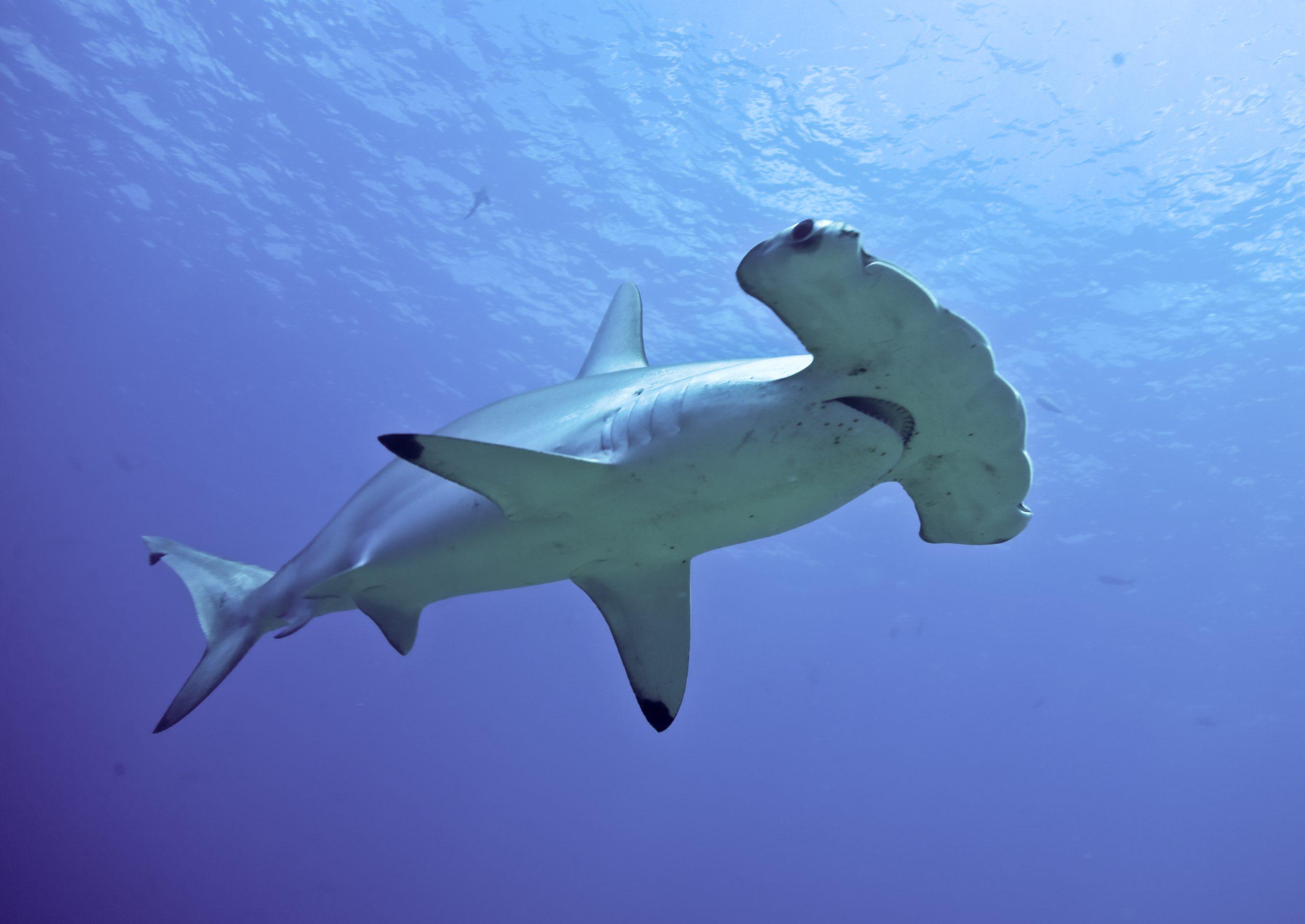
The allure of the deep blue sea and its mysterious inhabitants has always captivated the human imagination. Among the ocean’s many wonders, sharks stand out as creatures of both awe and fear. Their portrayal in popular culture, especially in iconic film series like James Bond, juxtaposed with the educational insights from events like Shark Week, offers a fascinating study of our evolving relationship with these apex predators. This article dives deep into the cinematic world of James Bond to explore the role of sharks and then surfaces to the real-world fascination and education driven by the annual Shark Week event.
Key Takeaways:
- Sharks have played pivotal roles in several James Bond movies, adding suspense and drama.
- Shark Week on the Discovery Channel has become a cultural phenomenon, aiming to educate and dispel myths about sharks.
- While movies often dramatize shark encounters, real-life interactions are more complex and less aggressive.
- Conservation of sharks is crucial for maintaining the balance and health of marine ecosystems.
- Public perception of sharks has evolved over the years, with a growing emphasis on understanding and conserving them.
Sharks in James Bond Movies
James Bond, the iconic British spy, has faced numerous adversaries throughout his cinematic journey. Among the most memorable are the sharks that have made appearances in various Bond films. These aquatic creatures have added suspense, thrill, and a touch of the exotic to the movies. Let’s explore their roles and significance:
1. “Thunderball” (1965)
- Scene Description: Bond finds himself in a pool filled with sharks. The tension is palpable as he tries to escape without becoming their next meal.
- Significance: This scene was one of the first to showcase the danger of sharks, making it a memorable moment in Bond history.
2. “The Spy Who Loved Me” (1977)
- Scene Description: The villain, Karl Stromberg, has a penchant for feeding his enemies to his pet sharks in his underwater lair.
- Significance: The sharks here symbolize the cold-blooded nature of the villain, emphasizing his ruthlessness.
3. “Licence to Kill” (1989)
- Scene Description: Bond’s ally, Felix Leiter, is attacked by a shark, leading to severe injuries.
- Significance: This scene underscores the personal stakes for Bond, making his quest for revenge even more intense.
4.“For Your Eyes Only” (1981)
- Character: The scene involves an unnamed henchman, referred to as the “Henchman Shark Victim.” This character was portrayed by stuntman George Leech.
- Scene Description: This henchman is an associate of Aris Kristatos and is present when James Bond and Melina Havelock are captured. Alongside other henchmen, Apostis and Erich Kriegler, he is tasked with executing Bond and Melina. However, Bond’s quick thinking results in this henchman falling into the ocean, where he meets a grisly fate, being devoured by several sharks.
- Significance: This scene showcases Bond’s resourcefulness in dire situations and the ever-present danger that surrounds him, even from nature itself. The unexpected turn of events, with the henchman becoming prey to the sharks, adds a twist to the narrative, emphasizing the unpredictability of Bond’s adventures.
Shark Week: A Cultural Phenomenon
Shark Week, initially broadcasted by the Discovery Channel, has become a cultural phenomenon. It’s a week-long event dedicated to these magnificent creatures, aiming to educate the public and dispel myths surrounding them. Here’s why it’s so captivating:
1. Educational Content
- Documentaries: Shark Week features numerous documentaries that delve into the lives of different shark species, their habitats, and their behaviors.
- Expert Interviews: Marine biologists and shark experts share their knowledge, providing insights into the latest research and discoveries.
2. Thrilling Encounters
- Close-up Footage: Thanks to advanced technology, viewers can witness sharks up close, observing their hunting techniques and interactions.
- Survivor Stories: Individuals who’ve had close encounters with sharks share their experiences, adding a personal touch to the event.
3. Conservation Efforts
- Highlighting Threats: Shark Week brings attention to the dangers sharks face, such as overfishing and habitat destruction.
- Promoting Conservation: The event emphasizes the importance of preserving these creatures and their habitats for future generations.
Table: Shark Species Featured in Shark Week
| Species | Description | Notable Feature |
|---|---|---|
| Great White Shark | The world’s largest predatory fish | Known for its powerful jaws |
| Hammerhead Shark | Recognizable by its unique head shape | Uses its head to pin down stingrays |
| Tiger Shark | Known for its distinctive stripes | Has a reputation for eating almost anything |



Frequently Asked Questions
1. Why are sharks often portrayed as villains in movies?
Sharks, with their sharp teeth and predatory nature, have often been misunderstood and feared by humans. This fear has been amplified by media portrayals, especially in movies. The suspense and thrill that a shark brings to a scene are unmatched, making them a favorite choice for filmmakers looking to add tension. Moreover, their mysterious nature, being creatures of the deep, adds an element of the unknown, which can be quite unsettling for many.
However, it’s essential to understand that these portrayals are often exaggerated. In reality, sharks are complex creatures with diverse behaviors. While they are apex predators, they are not mindless killing machines. Their portrayal in films is more a reflection of human fears than their actual nature.
2. How accurate are the shark scenes in James Bond movies?
James Bond movies, while entertaining, are not documentaries. They prioritize storytelling, action, and drama over factual accuracy. The shark scenes in these films are designed to heighten suspense and showcase Bond’s daring nature. As a result, many of these scenes are exaggerated or fictionalized for cinematic effect.
In reality, many of the situations Bond finds himself in with sharks would not play out the same way in the real world. For instance, sharks are not typically used as “guard dogs” by villains, nor are they as aggressive as they sometimes appear in movies. It’s always essential to differentiate between cinematic portrayals and real-life behaviors.
3. What is the main goal of Shark Week?
Shark Week’s primary objective is to educate the public about sharks. By showcasing various documentaries, interviews, and footage, it aims to dispel myths and misconceptions surrounding these magnificent creatures. The event emphasizes the importance of understanding sharks, not fearing them.
Another significant aspect of Shark Week is its focus on conservation. By highlighting the threats sharks face and the importance of preserving their habitats, the event encourages viewers to take an active interest in shark conservation. Ultimately, Shark Week seeks to bridge the gap between humans and sharks, fostering a sense of respect and admiration for these creatures.
4. Are all sharks dangerous to humans?
No, not all sharks are dangerous to humans. In fact, out of the 400+ species of sharks, only a handful are considered to pose any significant threat to humans. Most sharks are either too small, have a different diet, or are simply not interested in humans.
The few species that have been involved in incidents with humans, such as the Great White, Bull, and Tiger sharks, are not inherently “man-eaters.” Most encounters are cases of mistaken identity or curiosity. It’s crucial to remember that humans are not natural prey for sharks, and most interactions are non-aggressive.
5. How can one safely observe sharks in their natural habitat?
Observing sharks in their natural habitat can be a thrilling experience. To do so safely, it’s essential to follow specific guidelines. Firstly, always go with experienced guides or operators who know the area and the behavior of local shark species. They can ensure that interactions are safe for both humans and sharks.
Secondly, avoid provoking or cornering sharks. Quick movements or trying to touch them can be perceived as a threat. It’s always best to observe from a distance and avoid direct interaction. Lastly, educate yourself about the species you’re likely to encounter. Understanding their behavior can help you anticipate their movements and ensure a safe experience.
6. How do movies and media impact our perception of sharks?
Movies and media play a significant role in shaping our perceptions of the world around us, and this includes our views on sharks. Films, especially those that portray sharks as mindless predators, can instill fear and misconceptions in the audience. Such portrayals can lead to unnecessary panic and can overshadow the real issues, like the need for shark conservation.
On the positive side, documentaries and educational programs can offer a more balanced view, showcasing the beauty, intelligence, and importance of sharks in the marine ecosystem. It’s essential to consume a mix of content and always seek factual information to form a well-rounded opinion.
7. Why is it essential to conserve sharks?
Sharks play a crucial role in maintaining the health and balance of marine ecosystems. As apex predators, they regulate the populations of other marine creatures, ensuring diversity and balance. Without sharks, there could be a cascading effect on the marine food chain, leading to unforeseen consequences.
Furthermore, sharks have been around for over 400 million years, making them one of the oldest living creatures on Earth. Their evolutionary journey offers valuable insights into the history of marine life. Conserving them ensures that future generations can benefit from these insights and continue to coexist with these magnificent creatures.
8. How can individuals contribute to shark conservation?
Individuals can play a significant role in shark conservation. Firstly, by educating themselves and others about the importance of sharks and the threats they face. Spreading awareness can lead to collective action. Secondly, supporting organizations and initiatives that work towards shark conservation can make a tangible difference.
Another essential step is to make sustainable seafood choices. Overfishing is one of the primary threats to sharks. By choosing sustainably sourced seafood, individuals can reduce the demand for overfished species. Lastly, advocating for marine protected areas and supporting policies that protect sharks can ensure their survival for generations to come.
9. Are there any other movies that portray sharks in a positive light?
Yes, several movies and documentaries portray sharks in a more positive and educational light. Films like “Sharkwater” by Rob Stewart highlight the beauty of sharks and the importance of conserving them. Documentaries produced by National Geographic, BBC, and other reputable organizations often showcase sharks in their natural habitats, emphasizing their role in the ecosystem.
Such films aim to educate the audience, dispel myths, and foster a sense of admiration for sharks. They provide a counter-narrative to the typical “shark attack” movies and offer a more balanced view of these creatures.
10. How have perceptions of sharks changed over the years?
Over the years, perceptions of sharks have evolved significantly. While they were once primarily feared and misunderstood, increased education and awareness have led to a more nuanced understanding. Documentaries, research, and conservation efforts have highlighted the importance of sharks in marine ecosystems.
Shark Week, in particular, has played a pivotal role in changing perceptions. By showcasing a mix of educational content, thrilling encounters, and conservation efforts, it has brought sharks to the forefront of public consciousness. While there’s still work to be done, the shift towards viewing sharks as essential, fascinating creatures rather than mere predators is evident.
Conclusion:
Sharks, in their dual role as cinematic adversaries and real-world wonders, serve as a testament to the power of media in shaping perceptions. While the thrilling chases in James Bond movies entertain, events like Shark Week remind us of the importance of understanding and conserving these magnificent creatures. As we navigate through the vast ocean of information and entertainment, it’s crucial to strike a balance between appreciating the drama of fictional portrayals and recognizing the reality of these marine marvels. After all, in understanding sharks, we take a step closer to understanding the intricate web of life that our blue planet holds.












